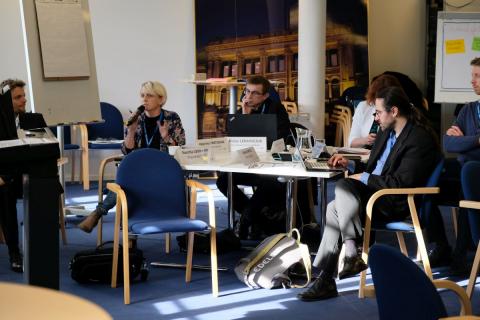TD3: Third meeting of the Technical Dialogue
The third meeting of the Technical Dialogue was hosted by the European Environment Agency (EEA) in Copenhagen. Participants came from 20 different institutions including ministries, government agencies, research institutes, think tanks and universities, from 10 European countries. The workshop, opened by Andre Jol, Head of group Climate Change Impacts, Vulnerability and Adaptation at the EEA, was divided into three main topics: Distributive Effects, Sufficiency and Net-Zero. As in the second meeting in Warsaw in October 2018, insights into the modelling of 2050 scenarios at the national level were presented in addition to these three main topics. Marie Münster from DTU Copenhagen presented insights for Scandinavia, Yves Marignac from Association négaWatt for France and Lukas Emele from ÖkoInstitut for Germany.
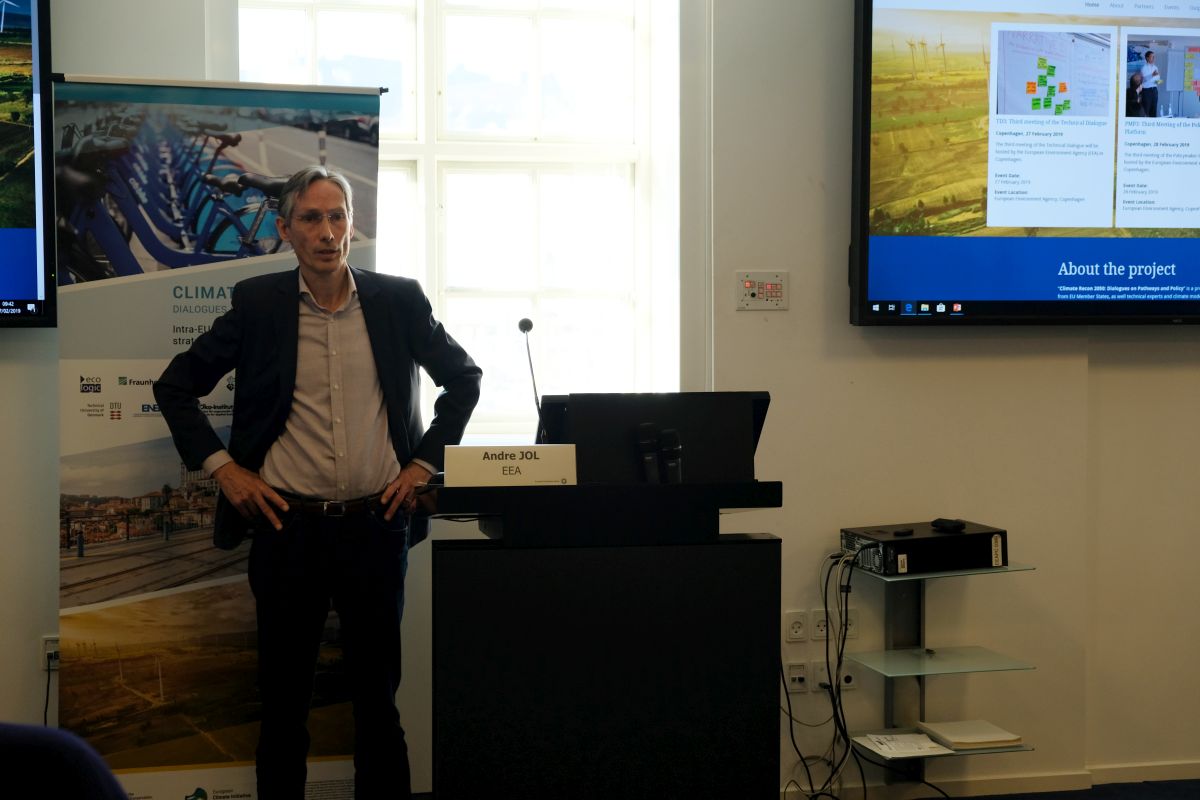
Maciej Bukowski of WiseEuropa moderated the first main topic “Including distributive effects and financial perspective in long-term strategies modelling”. He was supported by Annela Anger-Kraavi of the University of Cambridge, who gave a presentation on Social implications of transition to low-carbon economy, and Hadrien Hainaut of I4CE, who spoke on Linking long-term targets with current financial flows. The session was concluded with a group discussion. The Main findings and the results of the discussion will be published in a Technical Note.
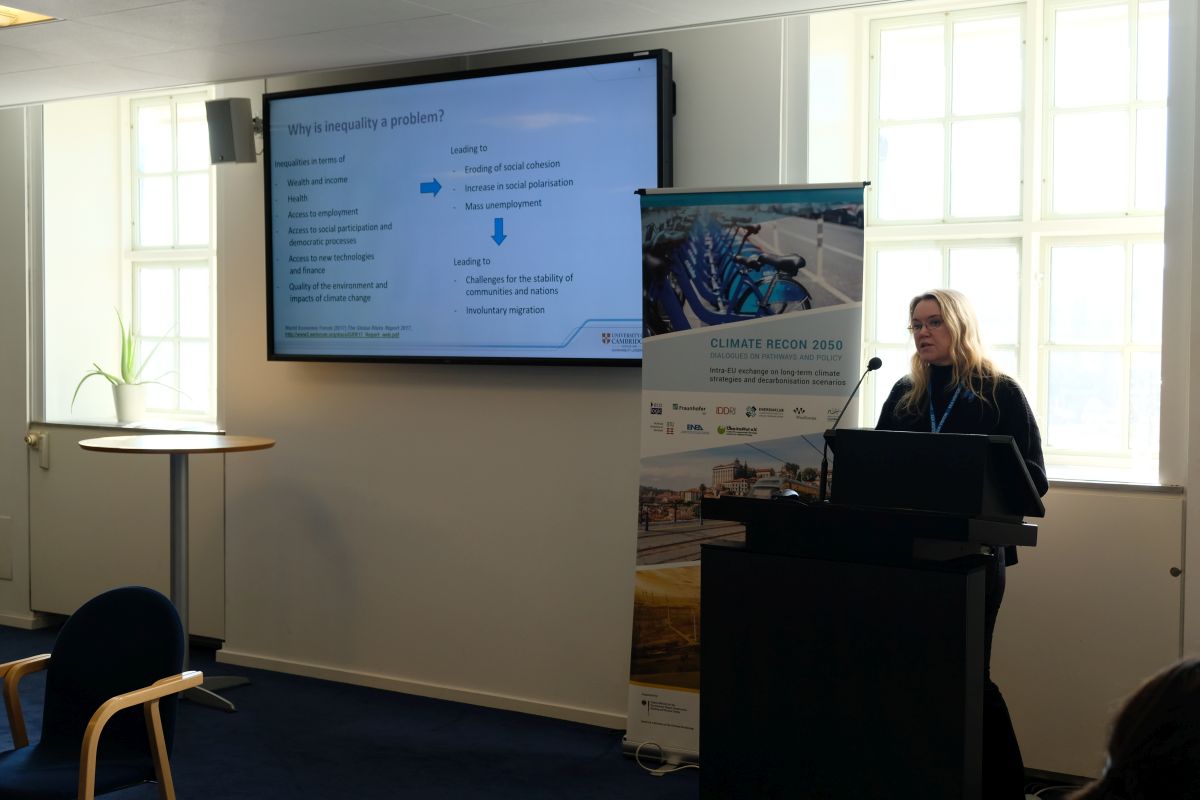
During the afternoon session, Yves Marignac presented the topic of sufficiency. He presented sufficiency as a concept, which aspects are behind it, where the limits are, how the general acceptance is and which co-benefits can result. He then gave a presentation on the topic of sufficiency in modelling. The session was concluded by a lively discussion on the topic. Also for this session a Technical Note with the contents of the presentations and the discussion results will be published.
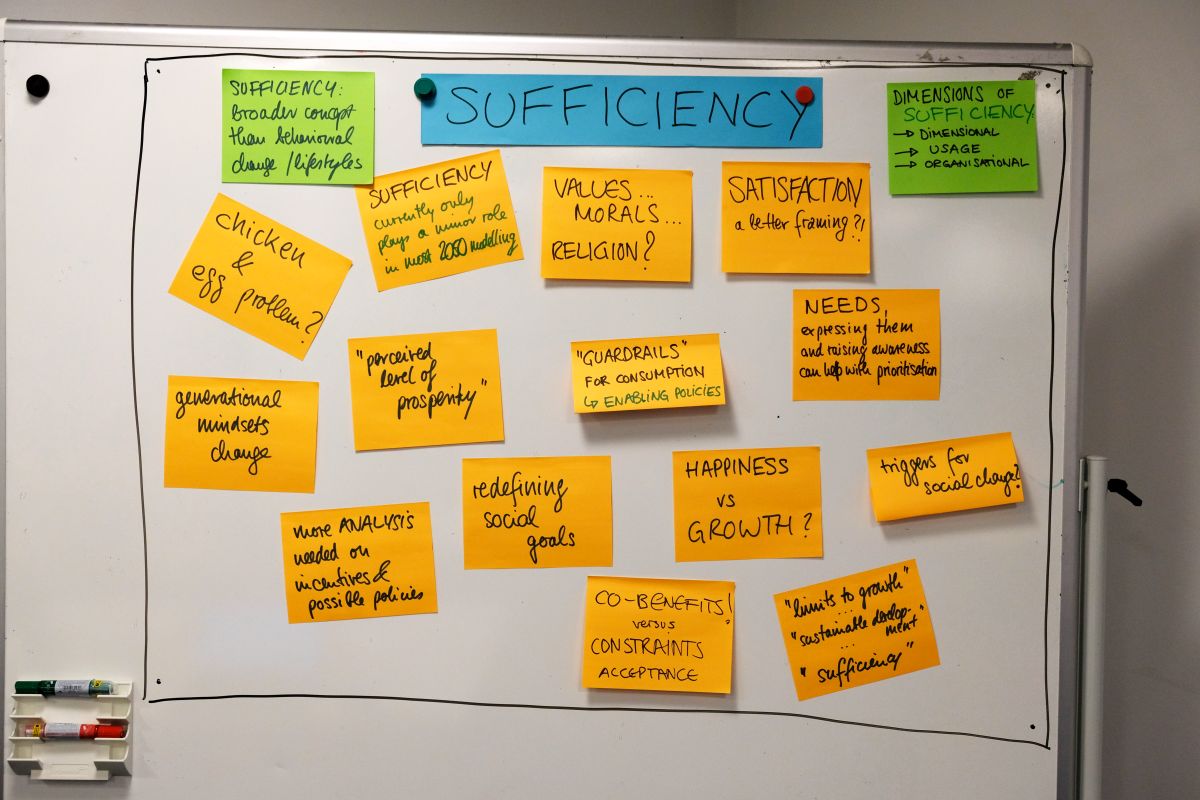
The third main topic about Net-zero closed the day. Lukas Emele, Stefan Petrovic and Yves Marignac introduced the issue and provided examples for Germany and France. Kenneth Karlsson of the DTU Copenhagen supported them with a presentation on Nordic countries. The session ended with a comparison of the three case studies and a lively discussion among the workshop participants on the topic. As with the other two main topics, a Technical Note will be published on this topic with the most important findings and the results of the group discussion.
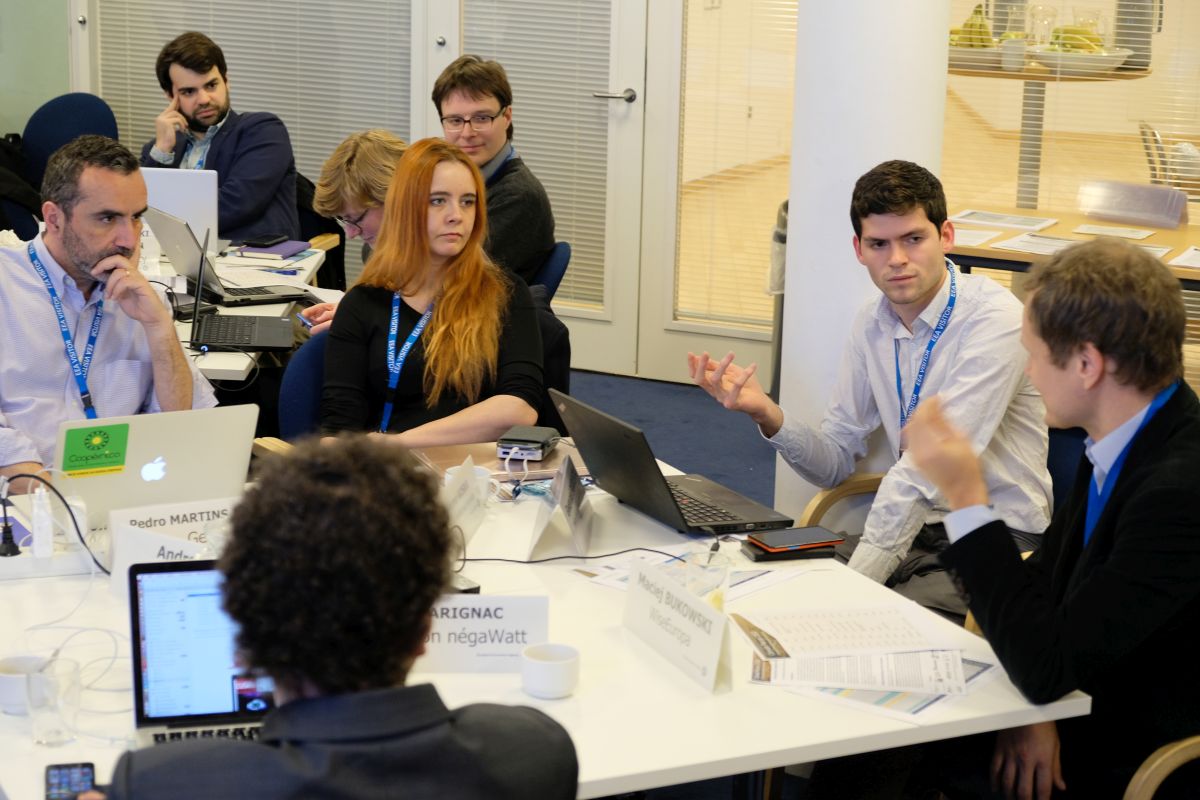
The meeting of the Technical Dialogue will take place back to back with the Policymaker Platform (February 28th), which covers some of the same topics from the policy perspective.
